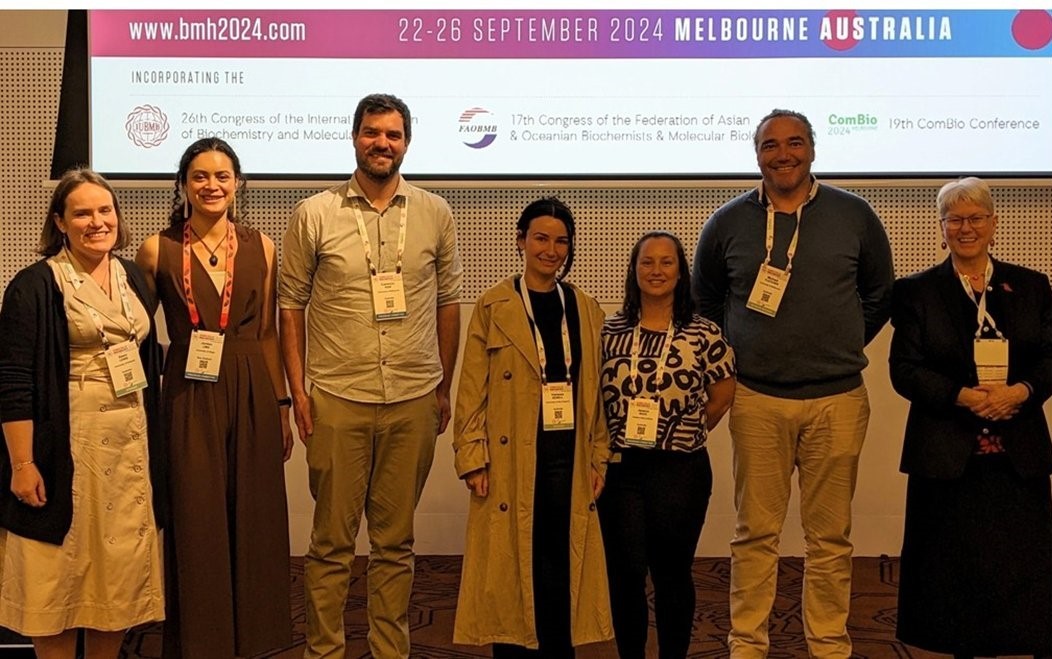Search
Research
Effects of dog ownership on children’s social-emotional development: findings from the PLAYCE cohort studyDog ownership is common in families with children and could play a role in children's social-emotional development. This study used longitudinal data on dog ownership and changing dog ownership to investigate their effects on young children's social-emotional development.
Research
Impact of integrating traditional care with the modern healthcare system in reducing tuberculosis diagnosis delays in Ethiopia: a clustered randomized controlled studyDiagnosis and treatment initiation delays for tuberculosis (TB) are significant challenges in resource-limited settings. These delays can result in poor treatment outcomes, disease transmission, and increased costs. This study aimed to assess the effect of integrating traditional care with modern healthcare systems on reducing TB diagnosis delay.
Research
Ion channel modulator DPI-201-106 significantly enhances antitumor activity of DNA damage response inhibitors in glioblastomaGlioblastoma, a lethal high-grade glioma, has not seen improvements in clinical outcomes in nearly 30 years. Ion channels are increasingly associated with tumorigenesis, and there are hundreds of brain-penetrant drugs that inhibit ion channels, representing an untapped therapeutic resource. The aim of this exploratory drug study was to screen an ion channel drug library against patient-derived glioblastoma cells to identify new treatments for brain cancer.
Research
Exploring Hope in Australian Justice Involved Youth with Fetal Alcohol Spectrum DisorderHope is well recognised as a positive protective factor for mental health, improved coping responses to adverse childhood events and better educational outcomes. Hope is composed of synergistic constituents – agency and pathway. A retrospective chart review was conducted of 53 justice-involved youths (10−17 years old) who underwent Fetal Alcohol Spectrum Disorder (FASD) diagnostic assessments with Patches in Western Australia between 2019 and 2020.
News & Events
Prestigious honour for Indigenous Genomics leaderTrailblazing Aboriginal doctor and health researcher Professor Alex Brown has been made a Fellow of the Australian Academy of Technological Sciences and Engineering (ATSE) in recognition of his leadership in ensuring Indigenous peoples are at the forefront of genomics efforts nationally and internationally.

News & Events
Beyond the horizon: improving cancer outcomes for Indigenous childrenDr Jessica Buck, a researcher at The Kids Research Institute Australia Cancer Centre and a Kamilaroi woman, is on a mission to address the unique challenges faced by Aboriginal and Torres Strait Islander children with cancer.
Research
Investigating genotype-phenotype relationships in Rett syndrome using an international data setThis study uses data from a large international database, InterRett, to examine genotype-phenotype relationships and compares these with previous findings in...
Research
Rio Tinto Child Health Partnership Final ReportIn 2002, the Founding Director of The Kids for Child Health Research, Professor Fiona Stanley, approached Rio Tinto Ltd about the possibility...
Research
Vaccinating young adults against HPV: the importance of understanding health decision-making and behaviourVaccination of young teenage females against human papillomavirus (HPV) with a newly licenced quadrivalent vaccine designed to prevent cervical cancer and...
Research
Diverging trends for lower respiratory infections in non-Aboriginal and Aboriginal childrenTo investigate temporal trends in admission rates for acute lower respiratory infections (ALRI) in a total population birth cohort of non-Aboriginal and...
